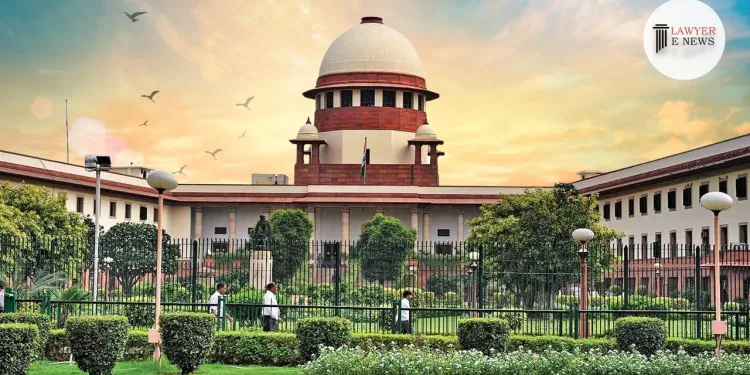An Employee Cannot Play Hide and Seek with Date of Birth for Employment Benefits – Supreme Court

The Supreme Court of India recently dealt with the legalities surrounding an employee’s change in date of birth in service records and the implications it has on employment benefits. The apex court emphasized the importance of maintaining consistency in declaring the date of birth, considering its critical role in determining eligibility for employment and subsequent retirement benefits.
Brief Facts: The case revolved around an employee of Barsua Iron Ore Mines (Respondent no.3), who initially declared his date of birth as 27.12.1948 at the time of his employment but later sought to change it to 12.03.1955. This alteration impacted his retirement date and claims for back wages. The dispute was whether the employer should accept this late declaration altering the retirement benefits.
Key Legal Issues and Analysis:
Authenticity of Date of Birth: The Court highlighted the dubious nature of the employee’s conduct. Initially declaring 27.12.1948 and changing it after a decade without adequate proof initially cast doubt on the authenticity of his claims.
Application of Estoppel: The Court applied the principle of estoppel, preventing the employee from contradicting his initial declaration. The court cited precedents to emphasize the importance of consistency in date of birth declarations in employment records.
Fraud and Delay in Declaration: The Court scrutinized the employee’s late revelation of his alleged real date of birth, pointing out that it came long after his employment commenced and only when benefits were at stake.
Impact on Legal Employment Age: The Court noted that had the real date of birth (12.03.1955) been declared initially, the respondent would not have been legally employed due to being underage.
Conclusion and Decision:
The Supreme Court allowed the appeal of the Barsua Iron Ore Mines, setting aside the Award by the CGIT and the judgment of the High Court. It was held that the respondent no.3’s retirement date should be considered as per the initially declared date of birth (27.12.1948). The direction for 50% back wages from retirement until notional superannuation in 2015 was also set aside.
Date of Decision: April 2, 2024
The General Manager, M/s Barsua Iron Ore Mines vs. The Vice President United Mines Mazdoor Union and Ors.






